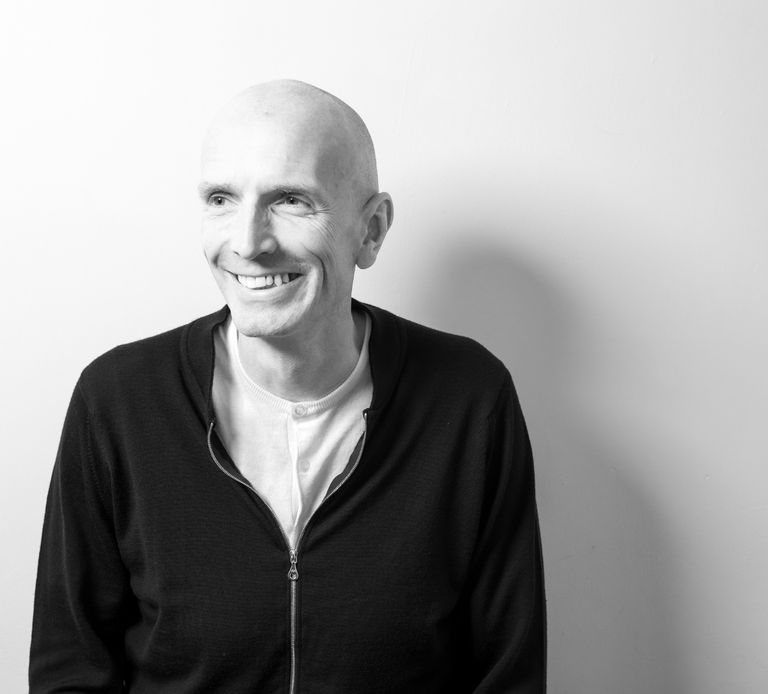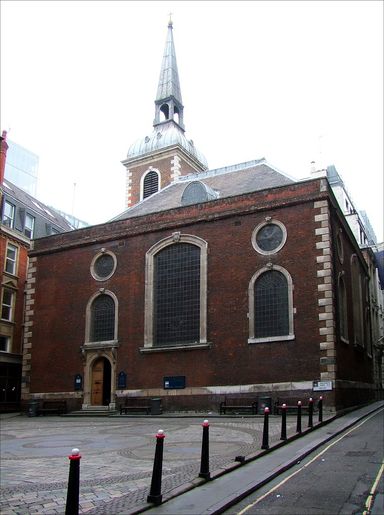The Word of the Month for July 2023 is RIGHTS
CREATIVE HUMAN RIGHTS, by Chris Rose, Director of Amos Trust
Amos Trust is a small creative human rights organisation. We seek to challenge injustice, build hope, and create change by working with inspirational local partners.
We have three areas of work:
- promoting Palestinian rights,
- calling for climate justice, and
- working with girls and young women on the streets to claim their rights.
There are a wide variety of ways of pursuing human rights. Former Lord Mayor of the City of London, Dame Fiona Woolf, was particularly struck by our approach as she had worked with numerous human rights lawyers, advocates and campaign organisations, but never with an organisation that saw its remit pursuing human rights in such a creative way.
Amos Trust was set up by a singer-songwriter and we were inspired by liberation theologians around the world:
- those of the American Civil Rights Campaign—they are seldom referred to as liberation theologians but they undoubtedly were;
- those of Latin America (particularly Nicaragua);
- those of South Africa;
- those of India (Dalit theologians) and of Palestine.
The praxis model which sits at the heart of this we took forward as a commitment to the arts, advocacy, supporting local community projects, and nurturing spirituality. We now gather these elements together as Celebrating Culture, Building Facts on the Ground, and Promoting Rights.
We are committed to promoting Palestinian rights as we believe that the only long-term hope for Palestinians and Israelis is that both communities have equal rights that are enforced by appropriate legal frameworks. If this were to be the case, we have no doubt that both groups would be able to work out an effective resolution and way forward.
To get there requires that:
- the fear that is at the heart of both communities is acknowledged and systematically addressed,
- there is leadership, which is willing to go beyond populism, and
- the international community engages in an unbiased meaningful manner.
A major part of our work is therefore to find creative ways to enable people to see beyond the stereotypes and headlines, to listen to people’s stories, and to support activities that practically realise people’s rights.
Calling for people’s rights is not a naïve call based on the international community’s successful implementation of the Universal Declaration of Human Rights. There have been 131 resolutions adopted by the United Nations about Palestine, but most of these went nowhere as either key member states deemed them not to be politically expedient, or there was no appropriate way to enforce them.
Rather, we see the Universal Declaration as a statement of what we aspire to.
Christianity is not a rights-based religion. Any reading of the Bible makes it clear that we ultimately have no status or rights before God. When Jesus lets the children come to him in Matthew 19 :13-15, he is stating that the kingdom of God belongs to these children and all those who have no status and no rights. Their lack of status was why the disciples were trying to keep the children away.
The Bible makes it equally clear that God is a God of Justice. We take our name from the prophet Amos’s call for, “Justice to flow like rivers and righteousness like a never-ending stream.” Theologian Cornell West combines this with Jesus’ call to “Love our neighbours as we love ourselves” to argue that “Justice is what love looks like in public”. The pursuit of universal human rights is an outworking or codification of this form of justice.
However, these rights mean nothing if there is not the legal framework and political will to see them through, or if people have no knowledge of their own rights.
“If you have no food to eat, and you can’t read or write, how are you going to claim rights that you never knew existed?” Gustavo Parajon, CEPAD’s founder.
Our Nicaraguan Climate justice partner CEPAD works with clusters of isolated, impoverished rural communities battling against the impact of climate change. Their sustainable five-year programme trains farmers how to grow more climate resilient crops, to make organic fertilisers and pesticides, and to implement water management and conservation. They do extensive work on women’s empowerment, using microcredit programmes and teaching women how to use the small pieces of land around their homes to feed their families. Alongside this, they work with the communities to choose local leaders (not their traditional leaders), to be trained in:
- how to listen to their communities,
- what their rights are.
- how to lobby local and central government, and
- how to apply to larger NGO’s and other providers.
Seven communities that we supported through CEPAD’s five-year cycle successfully used these skills to convince the local authority to improve the roads to their villages and to connect them to the electricity supply. This in turn meant that water was able to be pumped from the communities’ wells around the village, saving women and children hours on water collection and giving them the ability to grow more diverse crops and, with the improved road, to be able to sell any surplus in the nearest towns.
Karunalaya in Chennai works with girls on the street and enables them to claim their rights. These are either girls who have come to Chennai on the railways, or they are from Chennai’s Pavement Dwelling Communities. These communities have lived on the streets for over 70 years. I recently met an immaculately dressed 60-year-old woman who had spent her whole life living under a pipe and sleeping on the street. Her possessions were under a tarpaulin. I asked her what she did during the monsoon “We stand under the pipe and try to sleep while making sure our belongings are not washed away.”
Most of the pavement dwelling communities are from Dalit (untouchable) backgrounds and are entitled to the support provided for those from scheduled castes, but they have no way of proving their background. There is not the space to go into the multiple struggles they experience, but the only way for them to realise their basic rights is to organise themselves and to take action to claim them. Karunalaya helped them establish the Pavement Dwelling Rights Association and provides them with legal assistance so that they can hold the relevant bodies to account. They also helped women from these communities to address gender-based violence by helping them set up their own ‘highly formidable’ group. These women now go to police stations and lobby police officers and officials to take gender-based violence seriously and educate their communities.
Girls on the streets would not traditionally attend secondary school as they are not seen as having as much value as boys. They would have to look after siblings, work, or be married off, as their parents saw this as being safer than being a young woman on the streets. For this to change Karunalaya had to enable the communities to recognise their daughters’ worth and potential, and to convince communities that child marriage is never in their daughter’s best interest.
They used music and dance programmes and participation in international sports events to transform the communities’ expectations of girls. They provide assistance with books and uniforms for them to go to local schools and provide after school classes on the streets. And they use Theatre of the Oppressed and other similar creative responses to educate community members. Recently one of the girls from these communities has been in all the local papers as she got the second highest mark across the whole state in her final exams. She will be the first girl from her community to go to university.
Please note that there will be no Third Thursday event during July
Amos Trust
Amos Trust is a small, creative human rights organisation that challenges injustice, builds hope, and creates change. Amos works with vibrant grassroots partners around the world nurturing innovative local responses to poverty, oppression and conflict. Amos creates, leads and partners with campaigns for change, human rights and justice.

Chris Rose
Chris Rose is the Director of Amos Trust. Prior to joining Amos Trust in 2006 he headed a youth and community project in Cambridge. He is also an ordained minister in the Anglican church.
